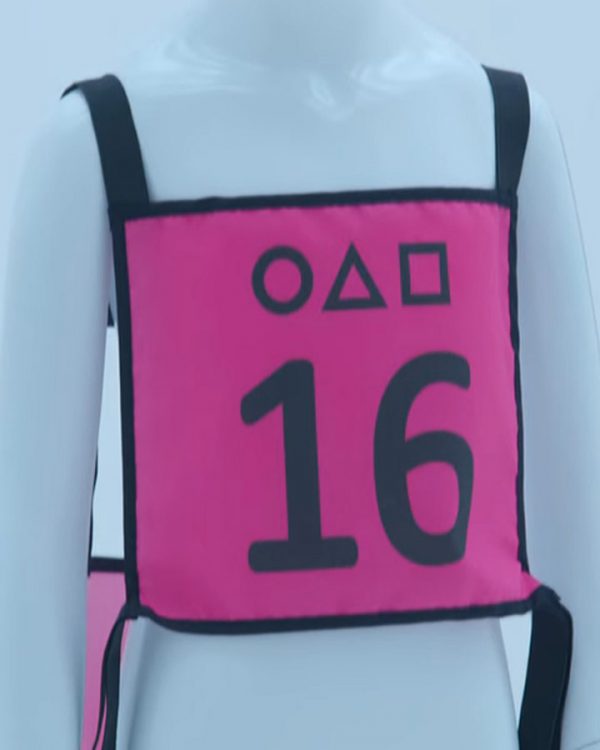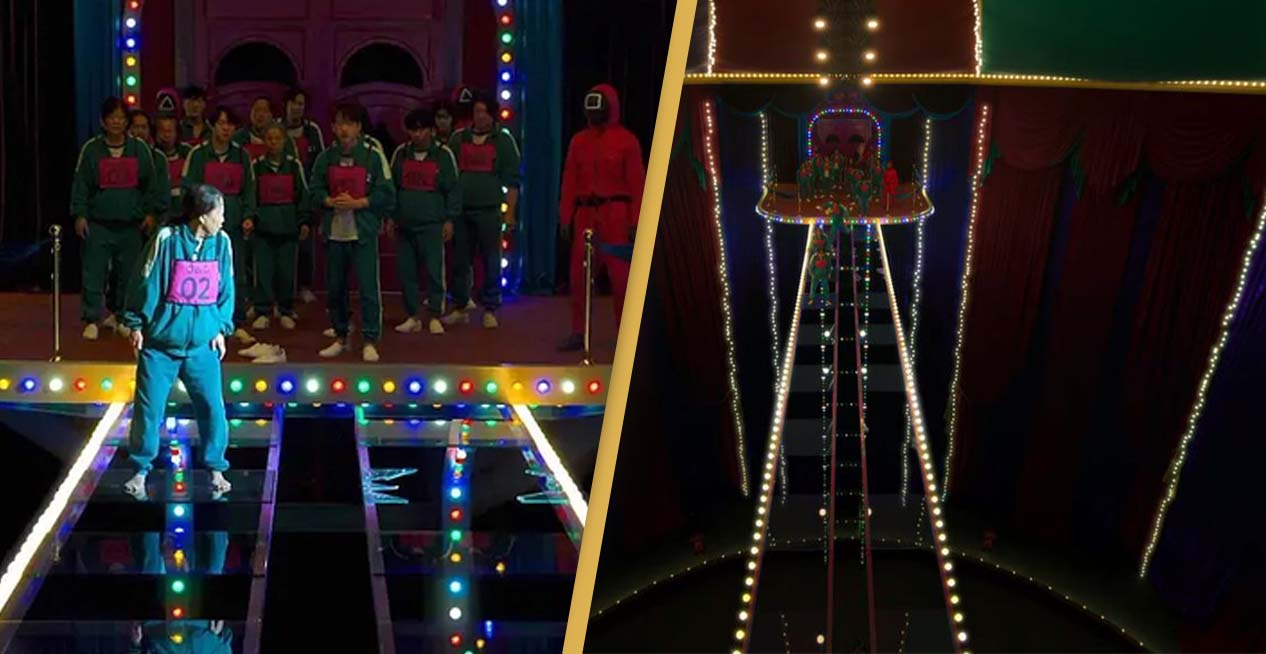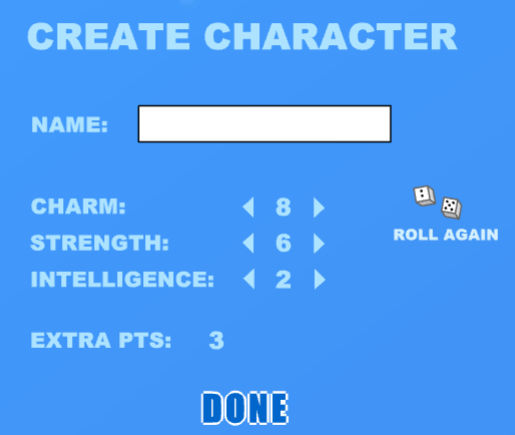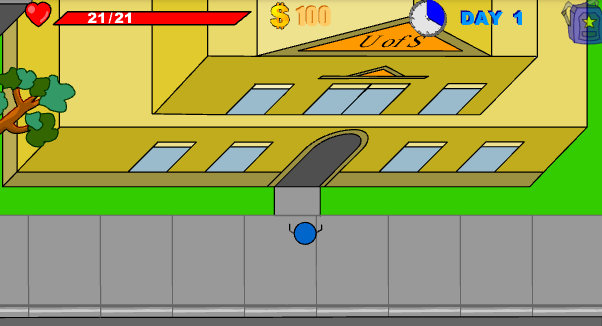Should You Go First or Last?
In Squid Games (SPOILERS AHEAD), the penultimate competition starts with a room full of jerseys numbered one through sixteen. The contestants have absolutely no clue what they mean.
Do they want the low numbers?
The high number?

When this competition popped up, I had a deep feeling in my gut the protagonist needed to pick a high number. Unless you know exactly what the competition entails, it’s usually not a good choice to go first.
When the game is revealed a few minutes later, it becomes clear I was right.
The challenge is straightforward: cross a bridge, but with one big catch: not every panel supports your weight. At each stage there are two distinct panels, one of tempered glass that can hold human weight and one of… normal glass (which cannot support human weight).
If you choose on the wrong panel, you die. Therefore, the people with low numbers who had to go first were doomed.

Squid Games is not reality. It does have a lot of similarities though.
This game is one of them, where a massive advantage is given to those that go last.
As the youngest of five children, I can directly attest to this. Whenever I do anything in life, I’m usually the last one to do it.
I got more leniency from my parents. (My siblings already pushed them to their limits growing up).
My brothers and sisters make big life decisions before I do, like having kids or getting married.
I can see how everything plays out before I ever need to do it, and learn from the mistakes of those that went first.
In business, a similar advantage plays out. There is what is known as the “First-Mover Myth”: which falsely states that if you are the first to market with a new product, you will likely to gain the most market share. According to Forbes, 50% of first movers fail and only 11% dominated their space.
Apple for example, has rarely had the first-mover advantage.
Think of an iPad, iPod, or Apple Watch. All of these pieces of hardware existed before Apple launched their product. Apple just designed significantly superior versions.
Even the iPhone was preceded by the Blackberry, which was even preceded by General Magic, a 90s venture to build a smartphone that failed even with an incredible group of designers and engineers. The public was just not ready for their product.
When you move first you have one big thing working against you: You don’t benefit from anybody else’s experience.
In fact, you are the one who is creating experience at an incredibly high personal cost to you. The lessons you learn and trailblaze may help you eventually make a better decision, but if you can learn those lessons from other people’s hard won experience that is even better.
Going last does come with its disadvantages. You may not get the recognition for being the first to do something, but even so the benefits usually outweigh any drawbacks.


Recent Comments